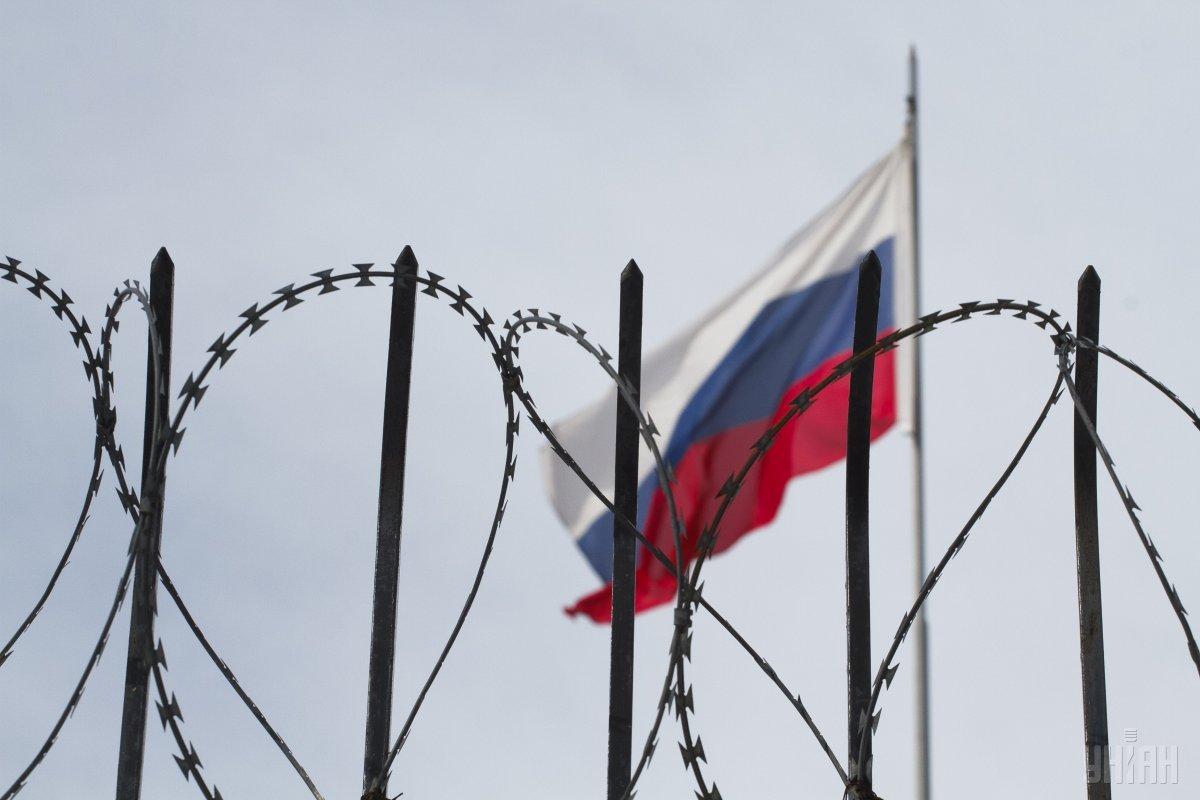
Russia infringes on rights of the Ukrainian national minority who disagree with the Russian occupation of Crimea and aggression in the part of Donbas, according to the Council of Europe's Advisory Committee on the Framework Convention for the Protection of National Minorities.
"Infringements on the right to freedom of expression concerned in particular persons belonging to the Ukrainian minority when making statements that are not in line with the Russian policy regarding Crimea and the conflict in Eastern Ukraine," reads the fourth opinion of the Advisory Committee, published Jan 15, 2019.
The Advisory Committee noted "with concern" the case of the former director of the state-run Library of Ukrainian Literature in Moscow, who was accused of “inciting hatred and enmity through misuse of office” under Article 282 of the Criminal Code and of fraudulent use of library funds.
Since the annexation of Crimea and the start of the conflict in Eastern Ukraine, Russian government-controlled media are fuelling a patriotic mobilization of society against Ukraine, according to the report.
"The Advisory Committee is concerned that this discourse risks side-lining not only persons belonging to the Ukrainian national minority but also anyone not aligning with the majority, including persons belonging to other national minority groups," the opinion says.
Also, it is noted that the new legislation on “foreign agents” has made it very difficult for many national minority organizations to receive funding from abroad, in particular from countries with which the Russian Federation has problematic inter-state relations.
"The Advisory Committee is deeply concerned about reported repression of leaders of existing organisations in several regions. Intimidatory practices have been reported to the Advisory Committee based on a wide interpretation of the anti-extremism legislation […] Publishing information about the great famine in Ukraine during the Stalin era (“holodomor”), for instance, would reportedly be considered extremist activity," the Committee reported.

